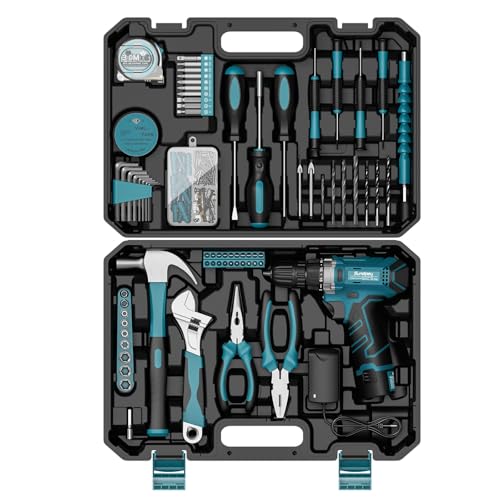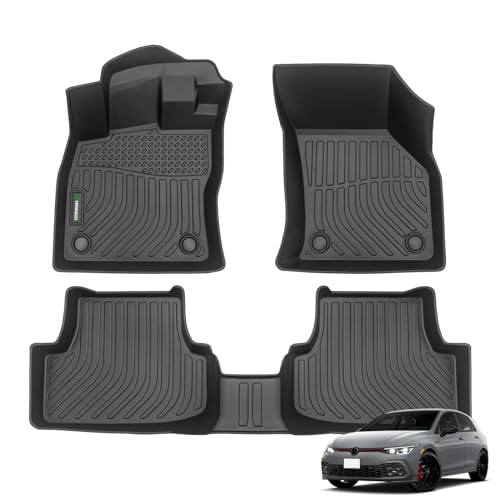Lillyhammer
***
- Joined
- Sep 19, 2019
- Messages
- 3
Hello!
I have joined the group just a touch prematurely...I will pick up a new-to-me 2017 e-Golf this Saturday in Eugene, OR, about 282 miles from my home in Seattle, WA. I had planned on driving home on Sunday, stopping (?2+ times) on the way to recharge. I have downloaded PlugShare and Nextcharge to get an idea of the type and quantity of chargers along the way. So, a couple of questions from this ultra-newbie (feel free to answer all or one question, and to give general road trip advice.)
1. Since I am buying the car used (8600 miles on the odometer), are there any special charging cord upgrades I should pick up in town before I head down there that would make it easier to get home in one day (with presumably 2 stops to charge)?
2. Is anyone from the area and have particular charging company recommendations I should look out for? Memberships, monthly fees, etc? I am a penny pincher and love to get bang for my buck out of a monthly membership, but don't anticipate doing many road trips with this car, mostly just driving kids around town.
3. Do I need to make hotel reservations just in case I get stranded? :shock:
4. Does AAA rescue electric vehicle owners with some sort of mobile charging station (not sure this is a thing!)
Thanks in advance!
I have joined the group just a touch prematurely...I will pick up a new-to-me 2017 e-Golf this Saturday in Eugene, OR, about 282 miles from my home in Seattle, WA. I had planned on driving home on Sunday, stopping (?2+ times) on the way to recharge. I have downloaded PlugShare and Nextcharge to get an idea of the type and quantity of chargers along the way. So, a couple of questions from this ultra-newbie (feel free to answer all or one question, and to give general road trip advice.)
1. Since I am buying the car used (8600 miles on the odometer), are there any special charging cord upgrades I should pick up in town before I head down there that would make it easier to get home in one day (with presumably 2 stops to charge)?
2. Is anyone from the area and have particular charging company recommendations I should look out for? Memberships, monthly fees, etc? I am a penny pincher and love to get bang for my buck out of a monthly membership, but don't anticipate doing many road trips with this car, mostly just driving kids around town.
3. Do I need to make hotel reservations just in case I get stranded? :shock:
4. Does AAA rescue electric vehicle owners with some sort of mobile charging station (not sure this is a thing!)
Thanks in advance!

































